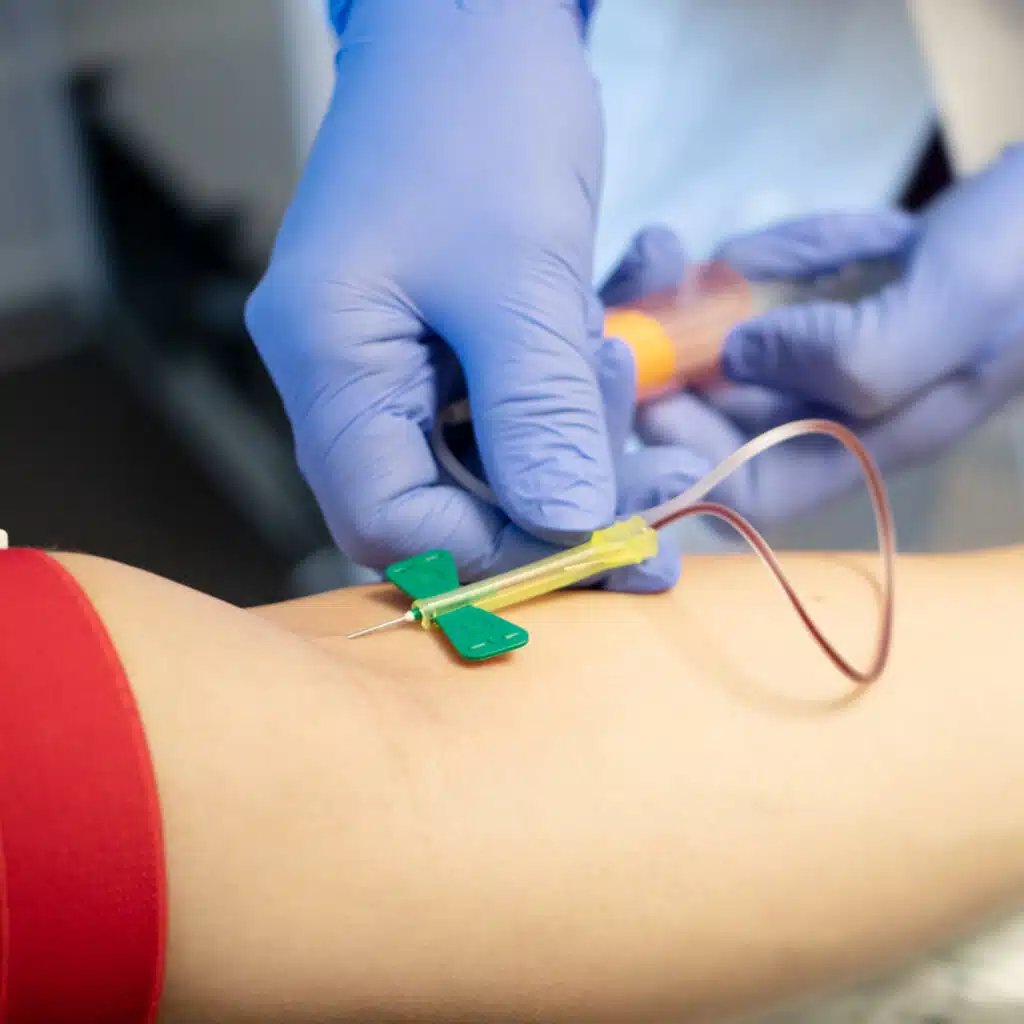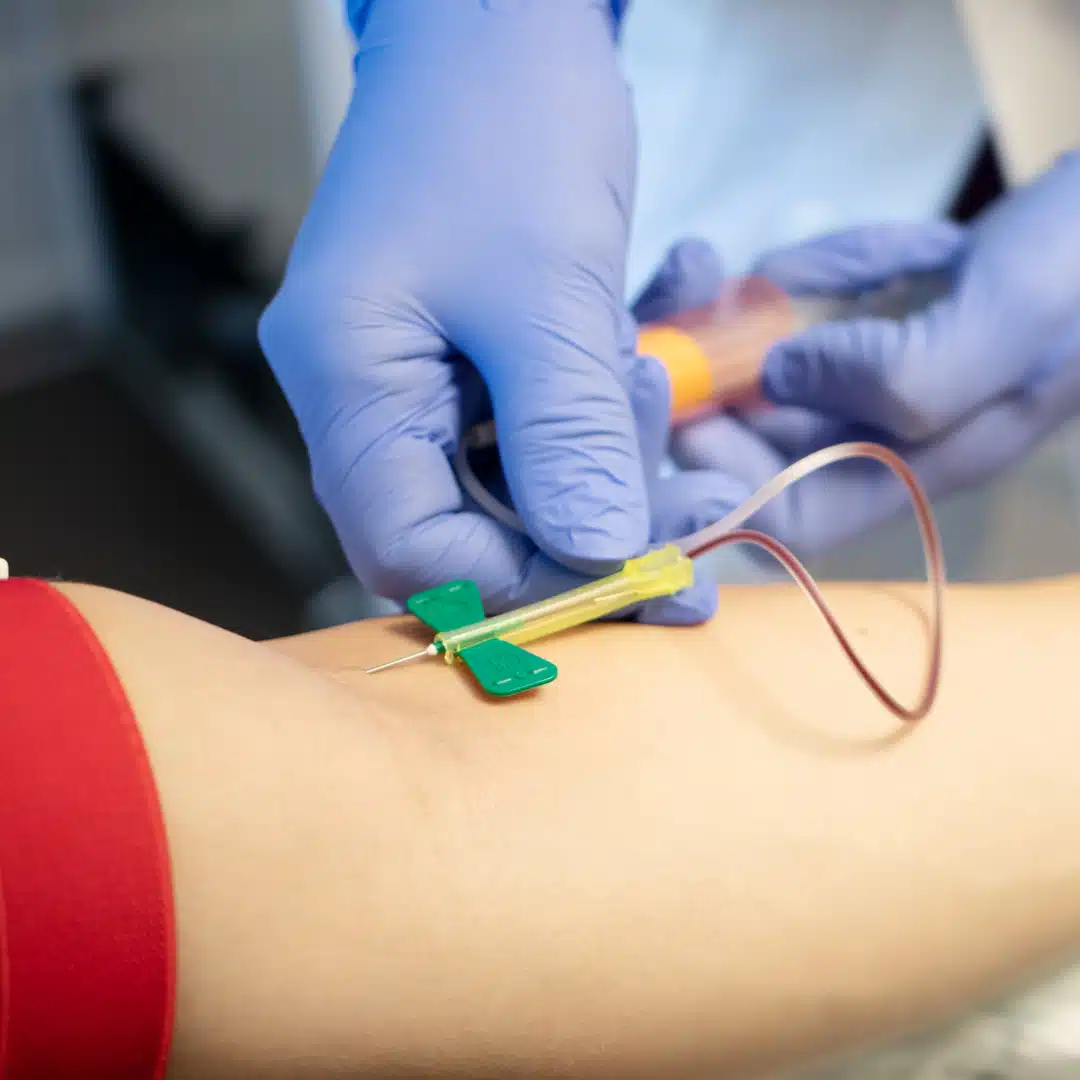Vitamin D is the only vitamin that can be synthesized by the body itself and therefore, strictly speaking, does not meet the definition of a vitamin. Vitamin D is produced in the skin by the UVB in sunlight. Since vitamin D deficiency is widespread and sunlight and diet are not reliable sources of sufficient vitamin D supply in Switzerland, many Swiss need supplementation.
Vitamin D is the only vitamin that can be synthesized by the body itself. Strictly speaking, vitamin D is not a vitamin, so it is increasingly called the D hormone. In winter, the intensity of the sun throughout Europe is not sufficient to produce enough vitamin in the skin. With increasing age, the the ability to produce vitamin D decreases. Dark-skinned people also, overweight people, people with poor intestinal absorption of nutrients, and people who do not go outdoors often suffer from vitamin D deficiency. Especially also deficiency can occur during pregnancy.
Besides the effects of vitamin D deficiency on calcium absorption in the intestine, the calcium calcium absorption in the bone is also negatively affected. Vitamin D supplementation therefore therefore strengthens the bones. It also helps strengthen muscles and reduces the risk of falls. reduces the risk of falls.
There are studies that attribute a wide variety of health problems to vitamin D deficiency. Vitamin D deficiency. These studies were reviewed by the U.S. Institute of Medicine (IOM), and it concluded that there is insufficient evidence in these studies to support almost any of these evidence could be found: The exception is bone disease.
The German Nutrition Society (DGE), the German Cancer Research Center and many other scientific institutions have studied the influence of vitamin D on many diseases and life expectancy. The results continue to be inconsistent.

Nevertheless standard values have been established and in our practice we give patients vitamin D if the values are below the norm values. Especially with patients in particular, because acute or chronic vitamin D overdose also increases the risk of overdose of vitamin D can also increase the risk of kidney stones. for kidney stones. However, fear of vitamin D deficiency should in no should not be a reason to avoid necessary sun protection. The effects of the sun on the skin are undoubtedly proven. You should therefore follow our sun protection recommendations.





